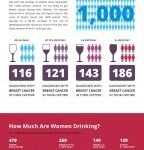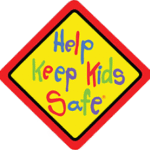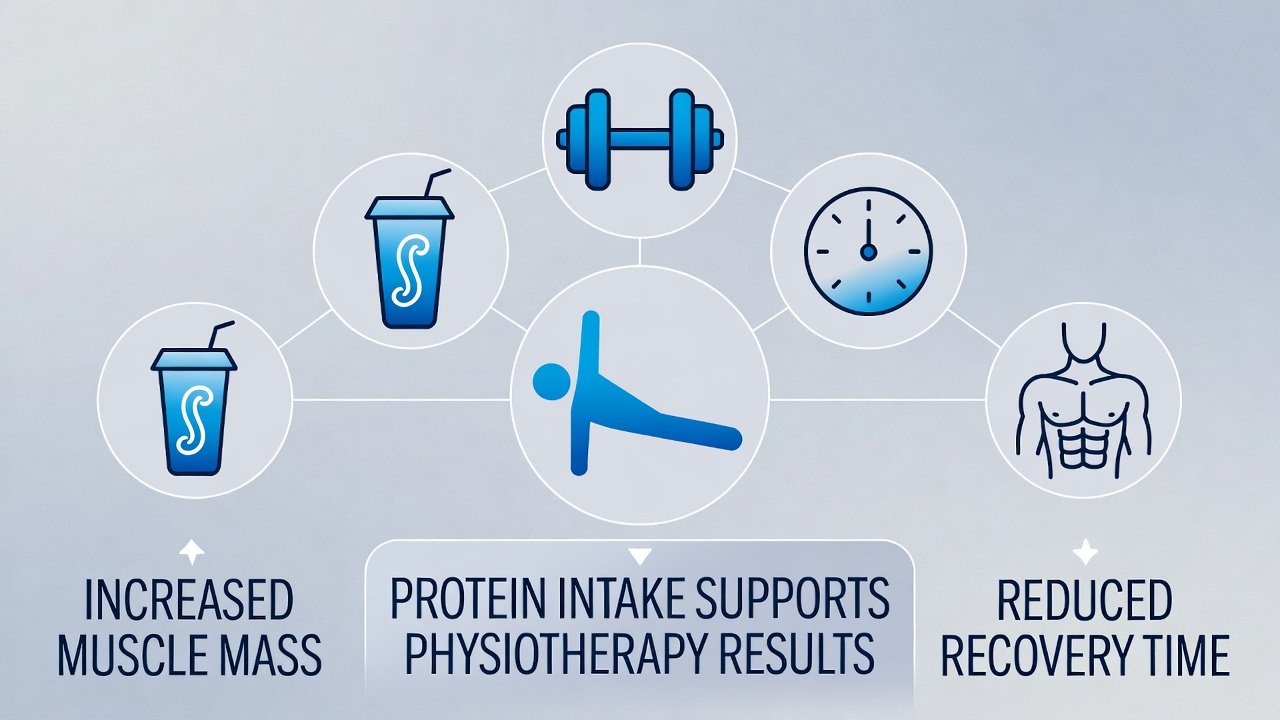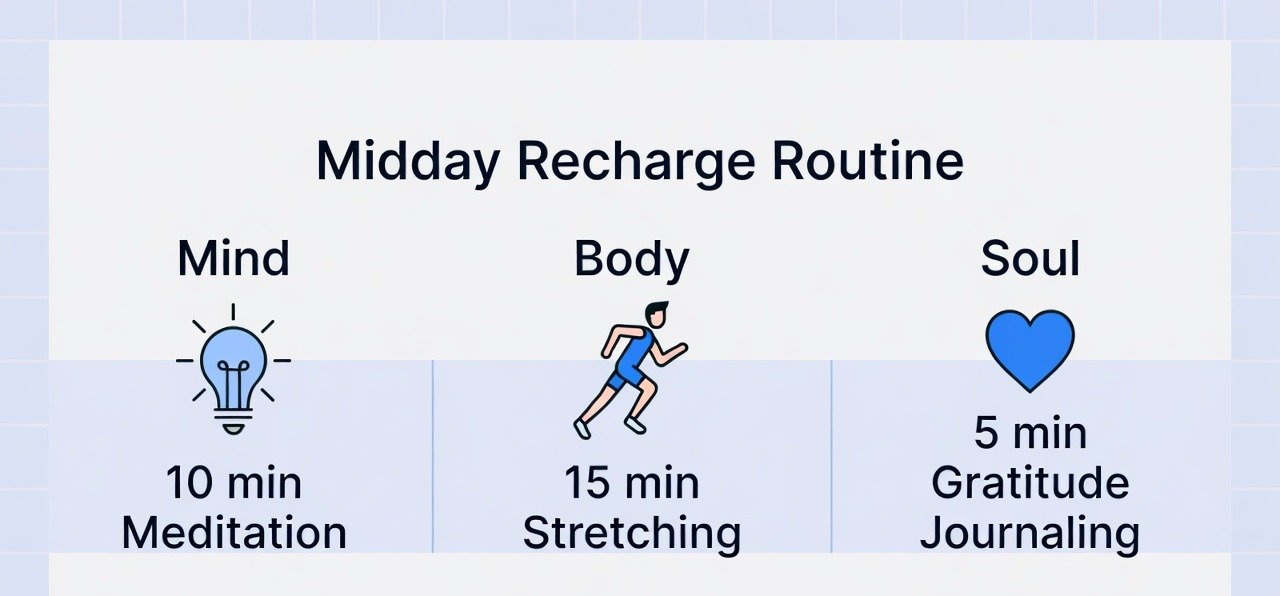Interview with Lori M. Tam, MD, a cardiologist at the Providence Heart Institute in Portland Oregon and Medical Director of the Women’s Heart Program, on the importance of women’s heart health.
The signs and symptoms of heart disease can be subtle and sometimes confusing. If you experience any symptoms of concern such as chest discomfort, pain, burning, pressure or anything that comes on with exertion or shortness of breath (outside of the norm) — do not ignore these symptoms. Go to your nearest emergency facility to be evaluated for a heart attack. During a heart attack, every moment counts, so don’t delay.
Women’s heart health and the warning signs you shouldn’t ignore
- Heart disease kills more women than men in the United States each year.
- Estrogen is a naturally protective hormone that helps decrease the risk of heart disease in women who have not gone through menopause.
- Mental health issues, such as depression, may attribute to a higher risk of heart disease.
Traditionally middle-aged men come to mind when you think of heart disease, but did you know more women than men are affected and suffer heart fatalities each year in the United States? In fact, 42 percent of women who suffer a heart attack will die within a year, whereas only 24 percent of men will suffer the same fate.
Understand the signs of a heart attack so you know when you need help
Unfortunately by the time most women suffering a heart attack seek medical help or go to an emergency room, they are late into the episode. Chest pain is the most common symptom of a heart attack, but many women get a burning sensation or pain they don’t recognize. Particularly for women, heart attacks can have symptoms typically not associated with a heart attack. Symptoms may include:
- Pain in the arm, back, neck, stomach, or jaw
- Shortness of breath
- Nausea
- Lightheadedness
- Cold sweat
- Extreme fatigue
- Migraines
“Not long ago, I treated a woman who had a severe heart attack,” says Lori M. Tam, MD, a cardiologist at the Providence Heart Institute in Portland, Oregon. “Unfortunately her story does not have a happy ending. Still, I want to share her story because I hope it will encourage women to seek help more quickly. She was in her early fifties with slightly elevated cholesterol, which was managed through diet and exercise. She was an active, healthy person. One evening she developed chest pain at home and shrugged it off as heartburn. Unfortunately, she was having a severe heart attack. By the time she went to the emergency room, her heart had been deprived of oxygen for so long that she had developed a complication called a ventricular sepal defect. This complication occurs when the muscle of the heart ruptures, creates a hole, and softens the surrounding tissue. It’s extremely difficult to correct with surgery. Sadly, her story had a tragic ending because she waited too long before seeking medical attention.”
Medical conditions that lead to heart attacks in women
- Spontaneous coronary artery dissection (SCAD)
SCAD occurs when there is a tear inside a blood vessel in the heart. The tear causes a blockage, which impedes blood flow and causes a heart attack, heart rhythm abnormalities, or sudden death. - Coronary artery vasospasm
Pregnant or peripartum women are most likely to suffer this type of vasospasm. An intermittent spasm of the blood vessel constricts, blocks blood flow, and causes a heart attack.
- Micro-vascular disease
A heart disease that affects the walls and inner lining of tiny coronary artery blood vessels that feed the heart.
- Broken heart syndrome
Also known as stress cardiomyopathy or takotsubo cardiomyopathy, it is a temporary weakening of the heart muscle. It most often occurs during severe emotional or physiological stress and is more common in women.
The link between depression and increased risk of heart disease
Women who suffer from mental health issues, such as depression, are less likely to keep up with preventive health, take prescription medications or exercise regularly. They are also less likely to maintain a healthy diet, often resulting in high cholesterol. All of these factors may contribute to a higher risk of heart disease.
“Mental health issues aside, most patients are more motivated to take good care of themselves following a heart attack,” says Dr. Tam. “Patients who participate in a cardiac rehabilitation program have 30 to 40 percent lower mortality rates as compared to those who do not participate. The program is a commitment and takes motivation — but most patients who have experienced a heart event are ready to accept the challenge.”
Estrogen protects the female heart
Estrogen is a naturally protective hormone that helps decrease the risk of heart disease in women by regulating cholesterol levels. But as women age and their estrogen levels decrease after menopause, their risk of heart disease increases. This is primarily why women present with heart disease approximately 10 years after men.
“One of my younger patients suffered a coronary artery dissection about six weeks following a miscarriage,” explained Dr. Tam. “She went to her local emergency room with severe chest pain, nausea, and shortness of breath. The emergency room doctors gave her an EKG to check her heart. The results were so abnormal that we facilitated an immediate transfer to our hospital where we performed an angiogram and found a very large coronary artery dissection (CAD).”
How to protect yourself from heart disease
Stay on top of routine health screenings. If you have a family history of heart disease, be more aggressive about prevention through exercising, eating a heart-healthy diet, avoiding tobacco products, and maintaining a healthy weight. Studies have shown that women who exercise are healthier and have a reduced risk of heart disease than women who do not.
“A great way to stay consistent with an exercise regimen is to find something fun that you enjoy doing regularly like dancing, walking your dog, or hiking,” said Judy Ramos, director of Cardiovascular Services at Providence Medical Center in Anchorage, Alaska. “Also, consider a buddy system – working out with family, friends, or even a pet can be a great motivator.”
Don’t ignore your symptoms
If you experience any symptoms of concern such as chest discomfort, pain, burning, pressure, or anything that comes on with exertion, go to your nearest emergency room to be evaluated. Do not wait to see if the symptoms get better — if you wait, it could be too late.
While heart health may not be top of mind, lifestyle changes such as eating a healthy diet and getting plenty of exercise are the most important things you can do to reduce your risk of heart disease.
Please review our business at: Google Yelp Facebook
If you’d like to learn more, please visit our Member’s Area to access our subscribed content.
Did you know you can work out and exercise with a trainer at your home, office, hotel room, or anywhere in the world with online personal training?
Like us on Facebook/Connect with us on LinkedIn/Follow us on Twitter
Make sure to forward this to friends and followers!






